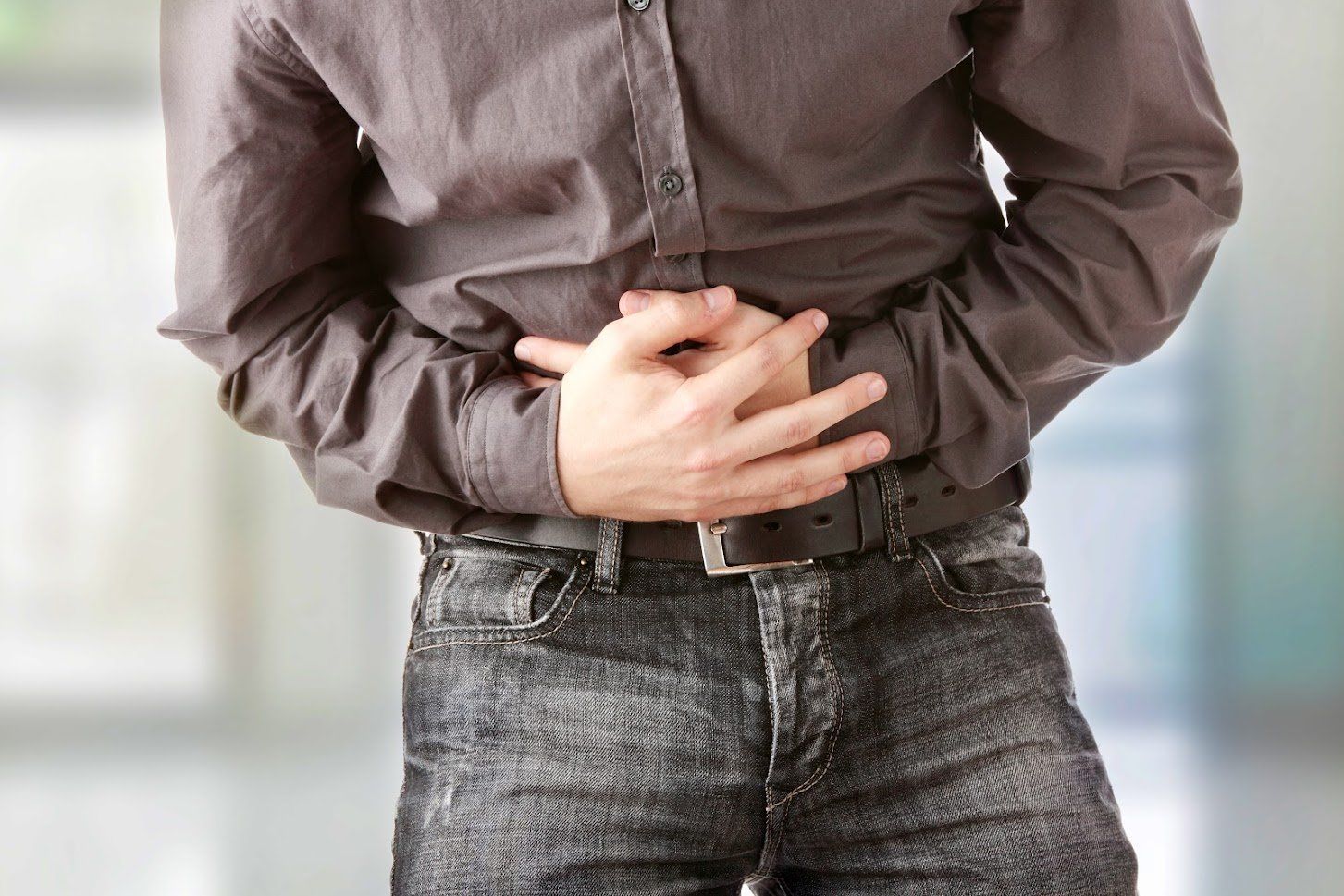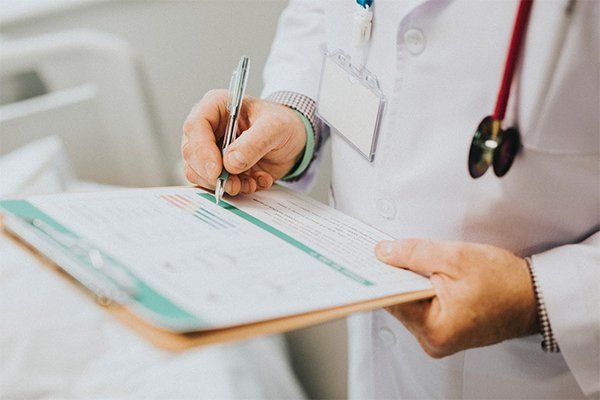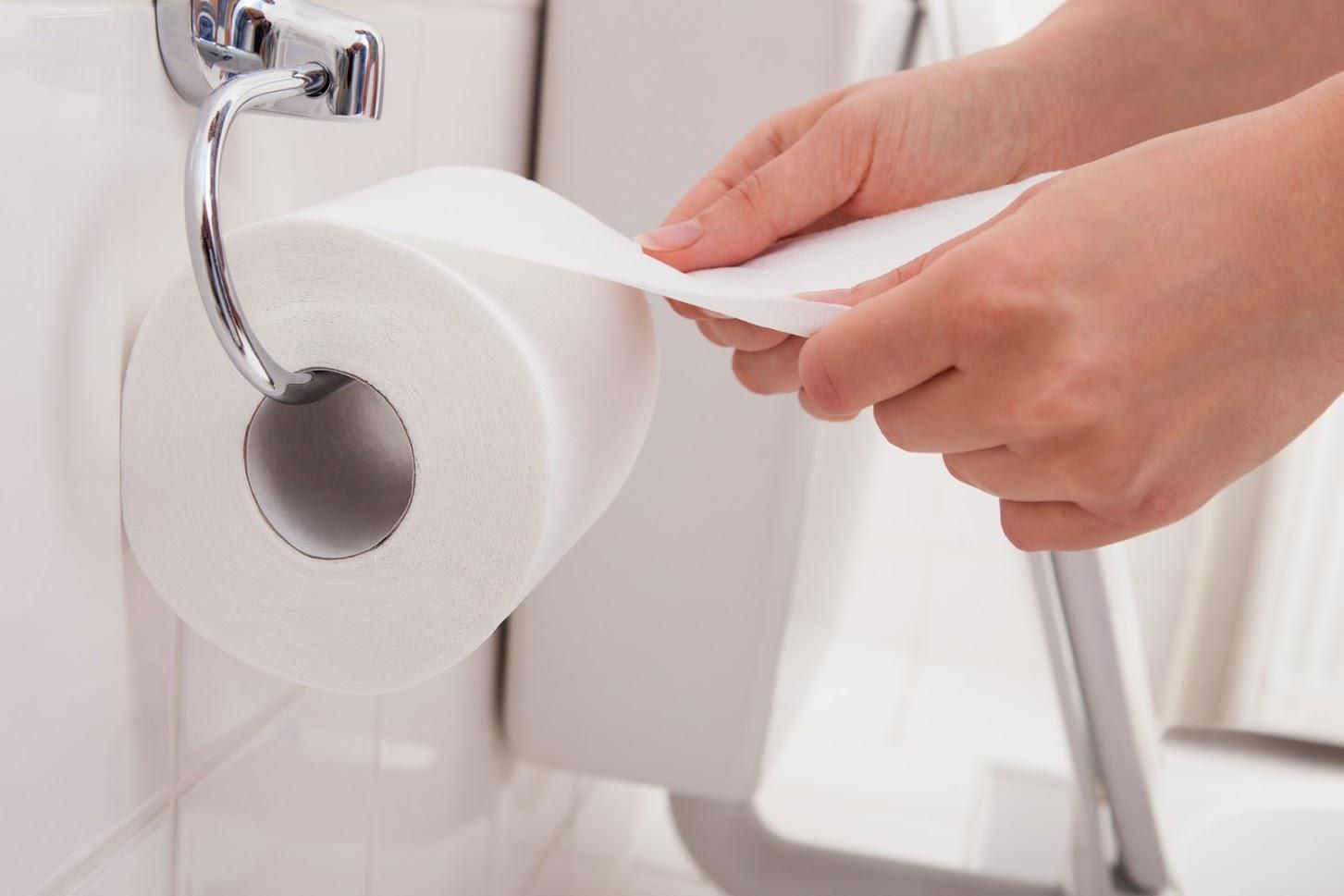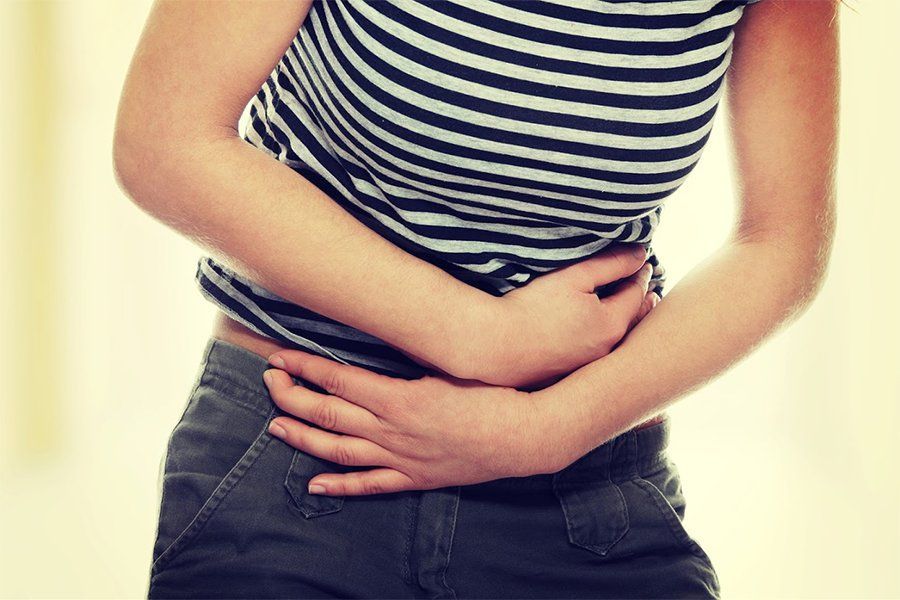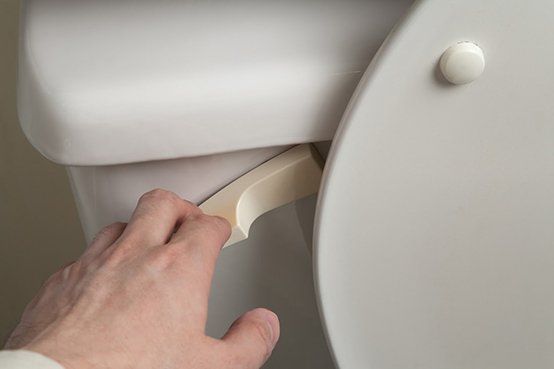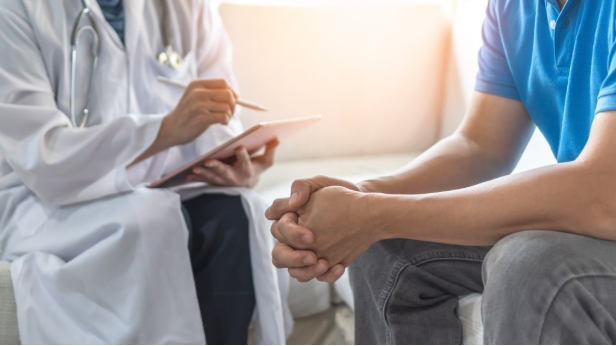Understanding Bowel Preparation Before Your Colonoscopy
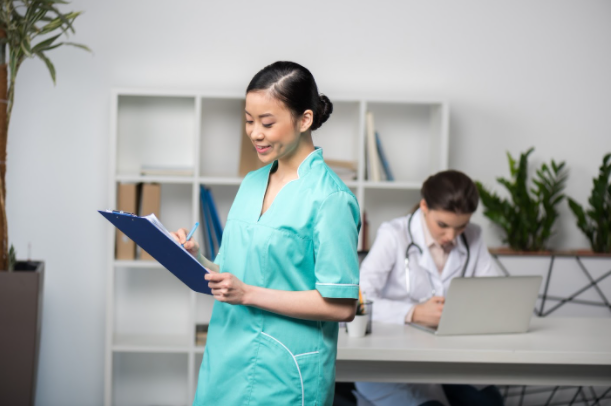
If you are going in for a colonoscopy, you will need to undergo bowel preparation. Bowel preparation is the process where your colon is completely cleared before your procedure. Take a look at why bowel preparations are important, what they entail, and how to get through this process more easily.
Why Is Bowel Preparation Necessary?
During a colonoscopy, your gastroenterologist will insert a colonoscope through your rectum and run it the entire length of the colon. The scope contains a light and camera so that your doctor can look for any polyps, which are abnormal growths that could indicate cancer.
If you don't do a bowel prep before the colonoscopy, then stool could obstruct the colonoscope and make it difficult or impossible for the doctor to reach your entire colon. Further, fecal matter can prevent the doctor from clearly seeing smaller abnormalities in the colon and catching issues.
What Types of Bowel Preparation Methods Can You Use?
You may only need one type of bowel preparation, or your doctor may have you use a combination of methods. The method may depend on your current health history, any allergies you may have, and your medical insurance.
Bowel preparations can include dietary changes, laxatives, sodium phosphate, and/or polyethylene glycol (PEG).
Dietary Changes
A day before your colonoscopy, you may only be able to have clear liquids, such as tea, broth, popsicles, etc. Some colored drinks are okay, but others contain artificial coloring that may interfere with the colonoscopy, so your doctor should give you a list of acceptable foods.
To ease into a strict diet and to make the bowel prep easier on your body, you may want to switch to easy-to-digest foods a few days beforehand. You should avoid foods like nuts, raw veggies, and red meat. Avoid fried foods and fiber-filled foods since they are hard to digest.
After your colonoscopy, you may be tempted to eat a lot, but you should ease back into your diet and use probiotics to help your gut recover.
Laxatives
A laxative can be used with dietary changes or other bowel prep methods. A rare risk of stimulant laxatives is ischemic colitis, or loss of blood supply to the colon. If you have low blood pressure or atherosclerosis, your doctor may opt for a different bowel prep method to reduce this risk.
Oral Sodium phosphate (OSP) Solutions
OSP brings more water into the intestines to cleanse them. With each dose, you must take about 16 oz. of fluid. OSP is a good option for many people since it's easy to tolerate. The main downside of OSP is that it can be very dehydrating, so your doctor may recommend drinking certain beverages to restore electrolytes.
Polyethelene Glycol (PEG)
Like OSP, this method pushes a lot of liquid through the intestines to clear them. The main advantage of PEG is that it contains electrolytes, so there's less risk of dehydration. The main downside is that these solutions can taste salty and make you feel bloated or constipated.
What Should Bathroom Visits Look Like During Your Preparation?
You should be passing liquid that is watery yellow or clear. Some people make the mistake of stopping the bowel preparation doses when their bowel movements are clear, but it's important for you to finish the entire dose.
What Are the Side Effects?
You may experience bloating and constipation. You may also experience gas, dry mouth, increased thirst, and sweating. Your gastroenterologist can recommend medications that can help you get through possible side effects. Serious side effects, such as chest pain or heart palpitations, aren't normal, and you should call your doctor right away if these symptoms occur.
Reach out to us at Kentuckiana Gastroenterology & Paramount Surgery Center for more information on ho
